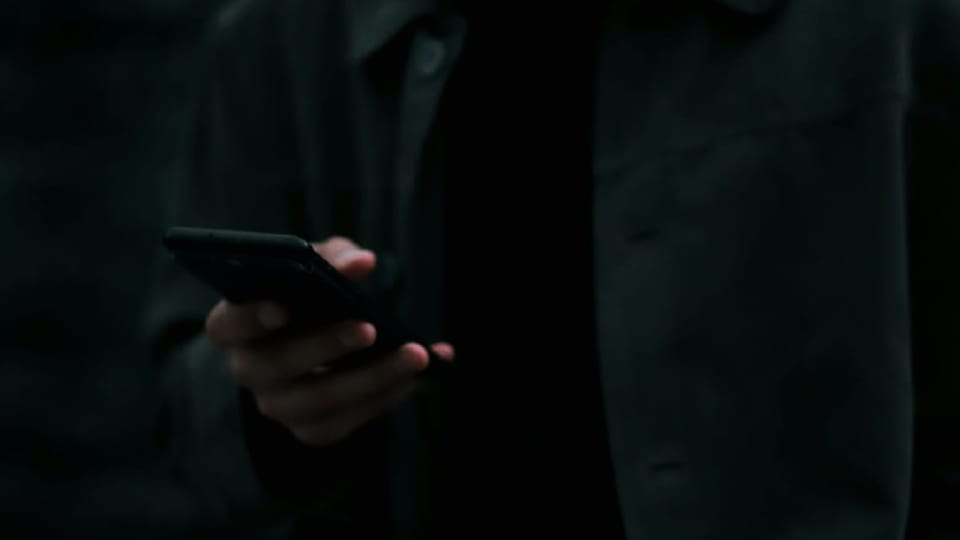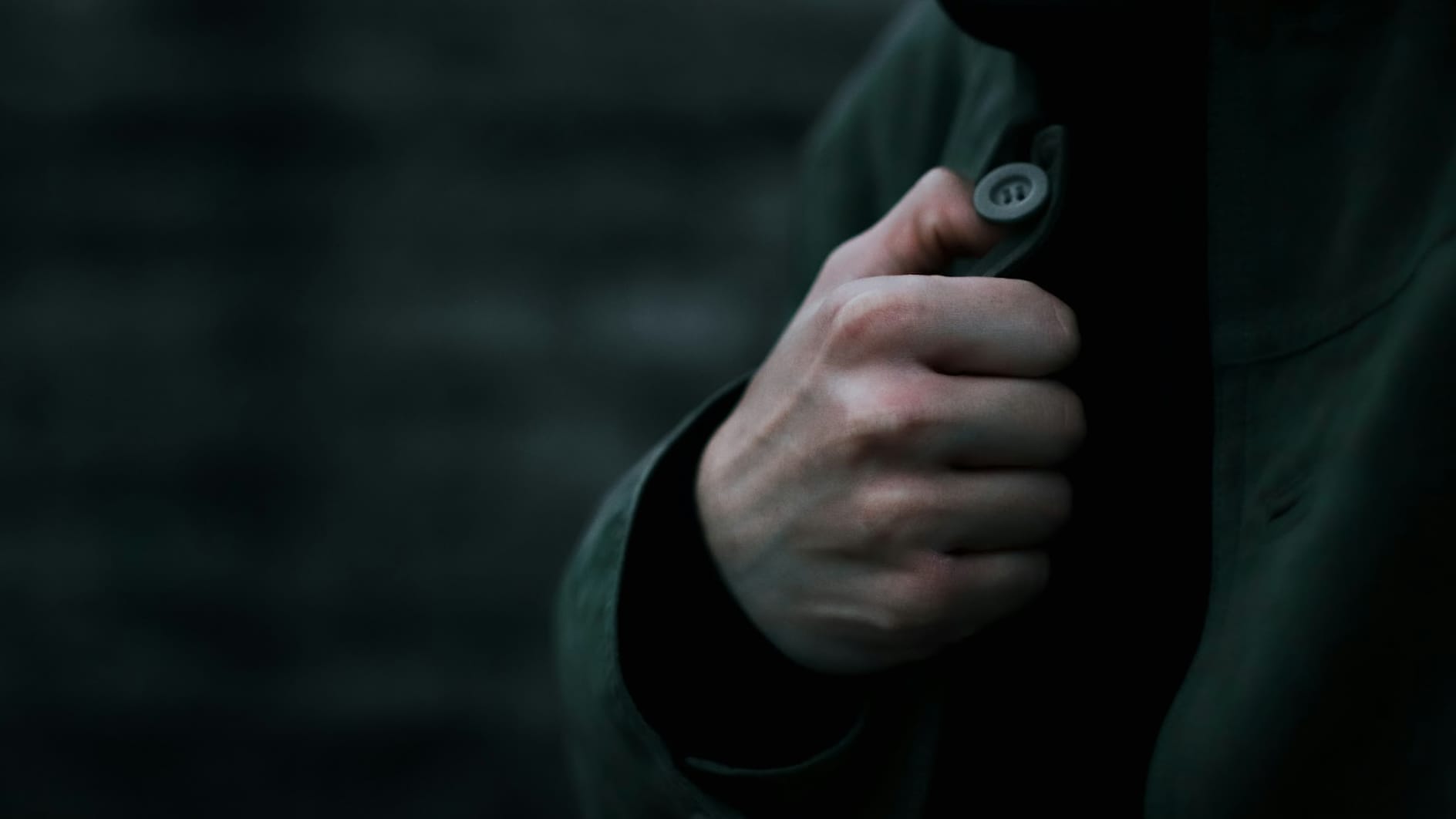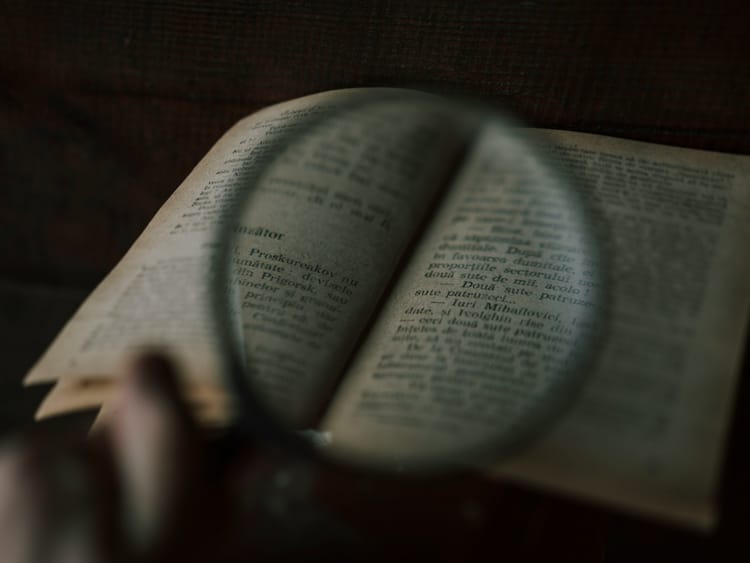Death by smartphone

Matthew Ford on the ways civilian tech is reinventing war and blurring the lines between combatants and everyone else. … David D. Kirkpatrick’s investigation into Donald Trump’s presidential wealth surge. … & Emma Ashford on a U.S. foreign-policy strategy for a multipolar world.
+ A Soumitra Shukla study on class discrimination in elite-firm hiring. … Richard Wollheim’s uncollected writings on art. … Eric T. Jennings on the globalization and trade history of vanilla.
Music from Cameo Blush, Bitterviper, and Farshad Akbari. … & What’s that dissonant sound in Middle-Eastern music?
New works, Week XXXIV.
“I evolved a way of looking at paintings which was massively time-consuming and deeply rewarding,” the philosopher Richard Wollheim wrote in Painting as an Art. “For I came to recognize that it often took the first hour or so in front of a painting for stray associations or motivated misconceptions to settle down, and it was only then, with the same amount of time or more to spend looking at it, that the picture could be relied upon to disclose itself as it was.”
It takes no less time for our motivated misconceptions to subside when we read the news, or so I’ve found. Impressions rush on us when we scan the latest headlines or read the next post on social media. Real insight means time—and time means space in our lives, usually between one urgent thing and another. Which The Signal guards carefully. We don’t think you need more answers to consume; we believe you want good questions to consider—and explorations of them that stay with you, helping you think on your own.
Did you happen to see the recent report in The Guardian that intelligence officials in Israel are now relying on Microsoft servers in Europe to surveil Palestinians in Gaza? It’s amazing on the face of it, but what are the implications? Below, Matthew Ford’s new book considers the many ways in which the smartphone has changed modern warfare, helping us make sense of how the private sector has become the backbone of intelligence services and militaries around the world.
Or maybe you’ve heard people debating whether American colleges should rely solely on standardized tests or otherwise make more “holistic” assessments in their admission processes? What kinds of consequences would, say, scoring prospective students by “civility” have? A new research paper we get into this week sifts through reams of evidence from India, finding that subjective ideas about “fit” often smuggle in biases that end up punishing people from lower social classes.
When you have a moment, read on.
—Gustav Jönsson
The Signal—your loyal guide to a changing world. New works—curating new books, documentaries, music, and more.

A new kill chain
How are smartphones transforming modern warfare?
March 10, 2022: Russian units from the 90th Guard Tank Division and the 6th and 239th Tank Regiments speed southwards on Highway M01 towards Kyiv, Ukraine. Suddenly, they come under fire by Ukrainian forces hidden behind the western tree line. A series of intense firefights ensue: Ukrainian troops launch what looks to have been either a rocket-propelled grenade or an anti-tank guided missile, which hits a tank and engulfs its turret in flames. Elsewhere, two Ukrainian T-62 tanks, supported by artillery, wipe out two Russian tanks and one armored personnel carrier.


